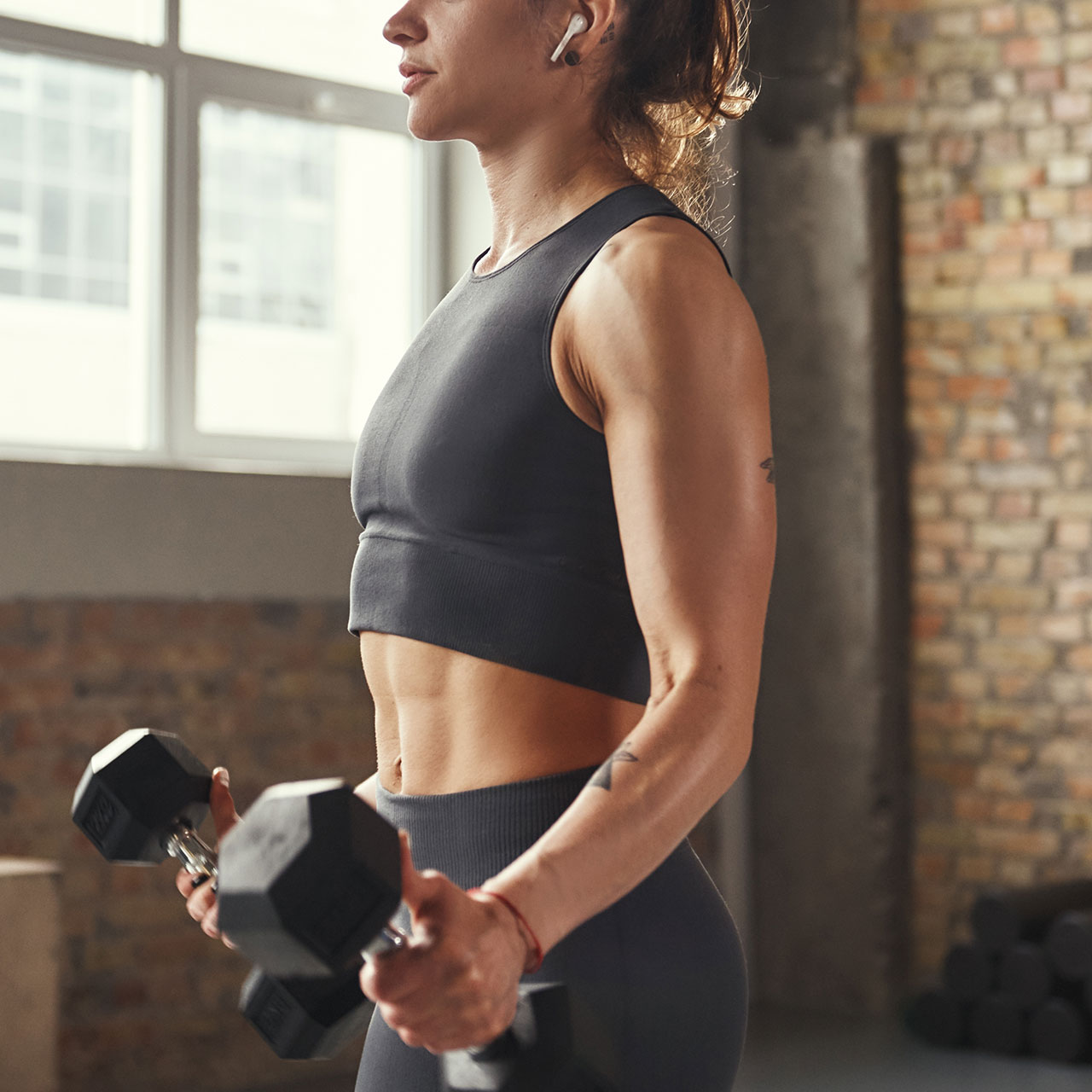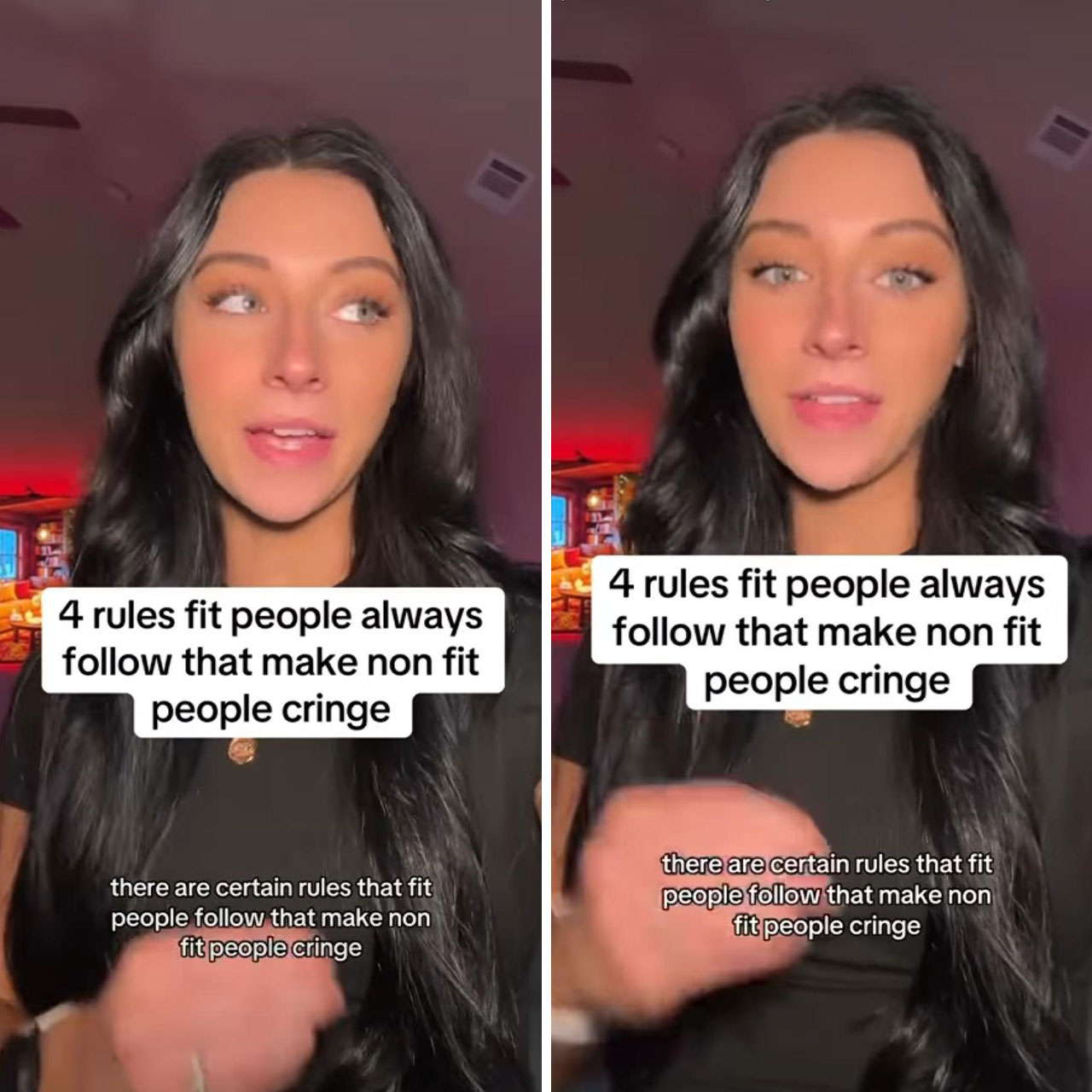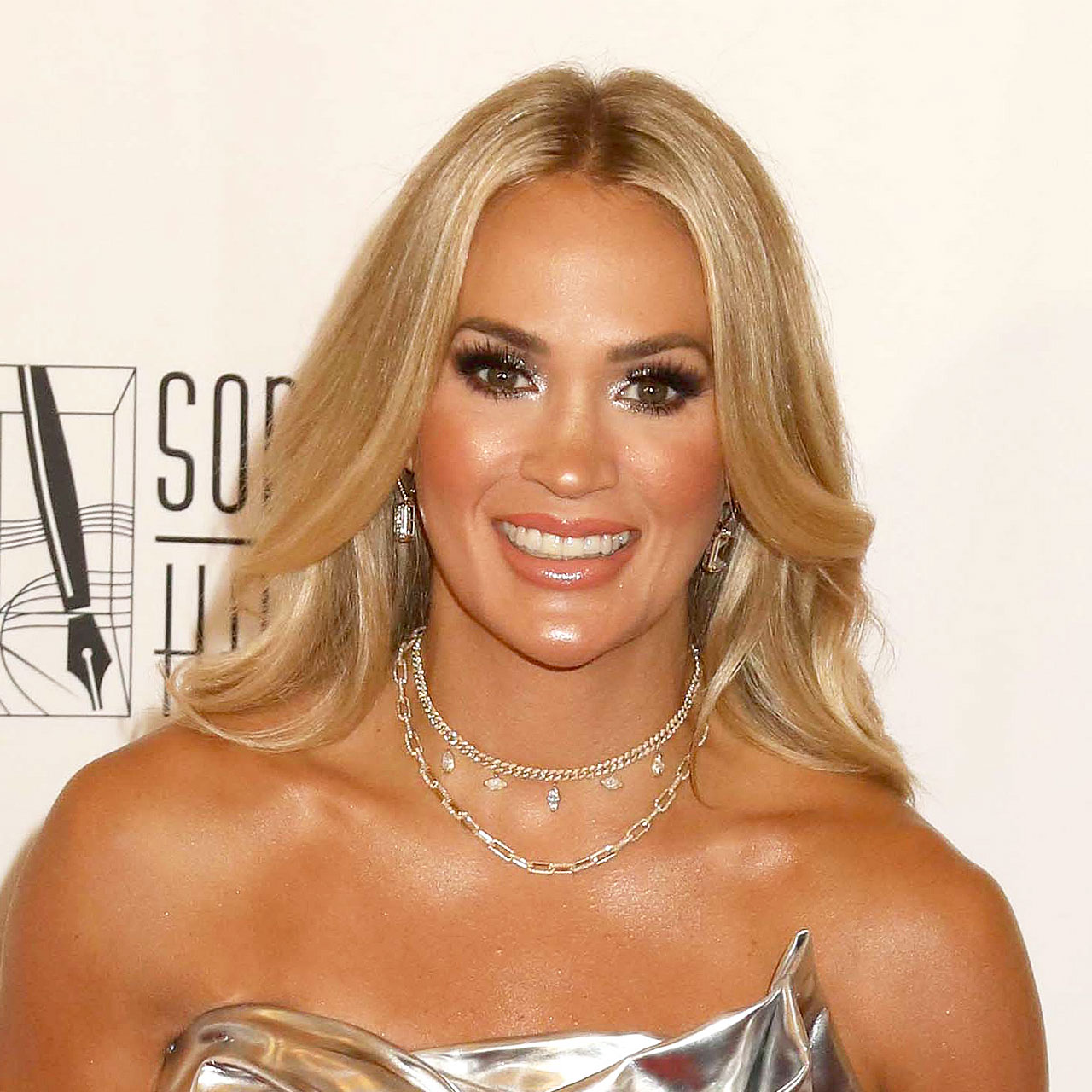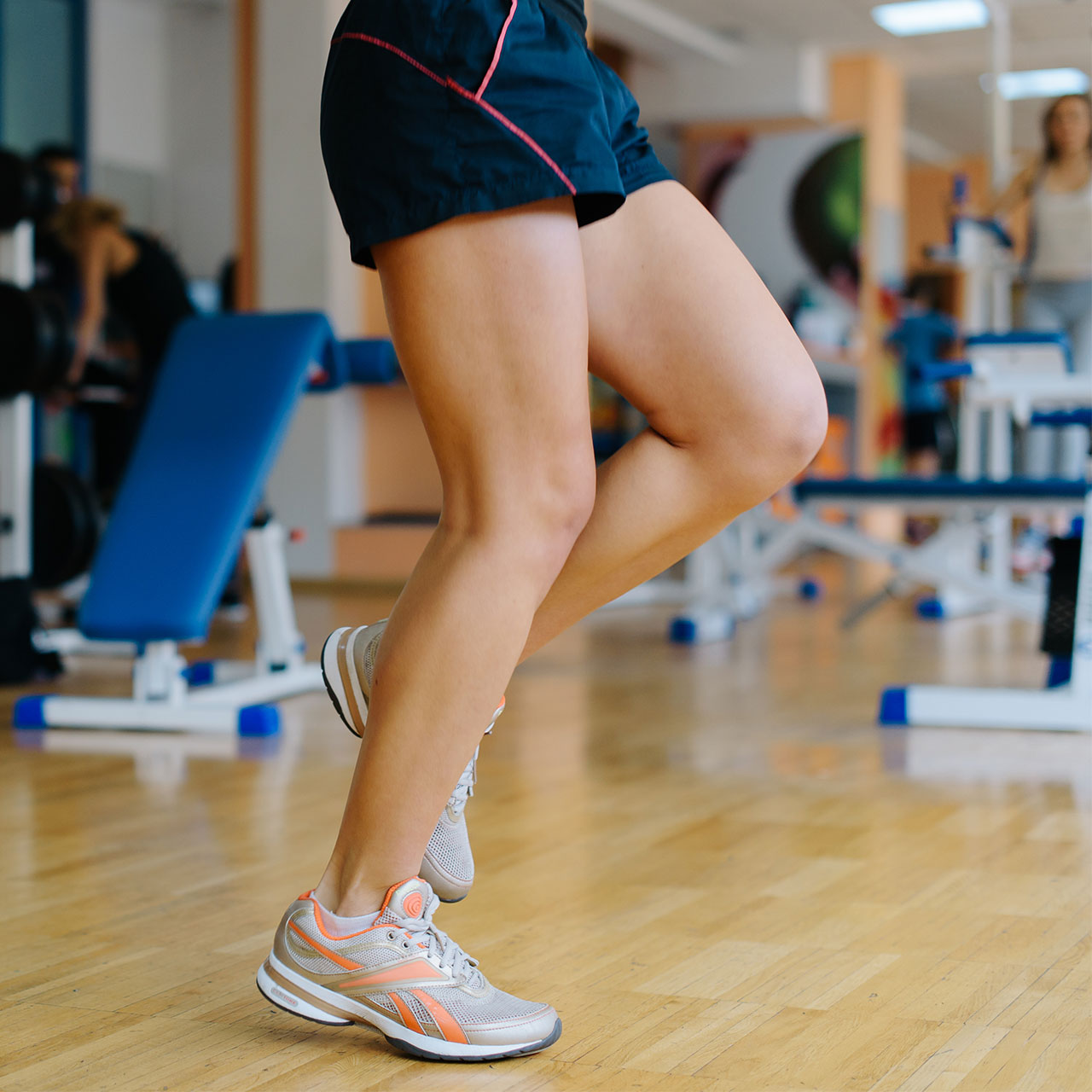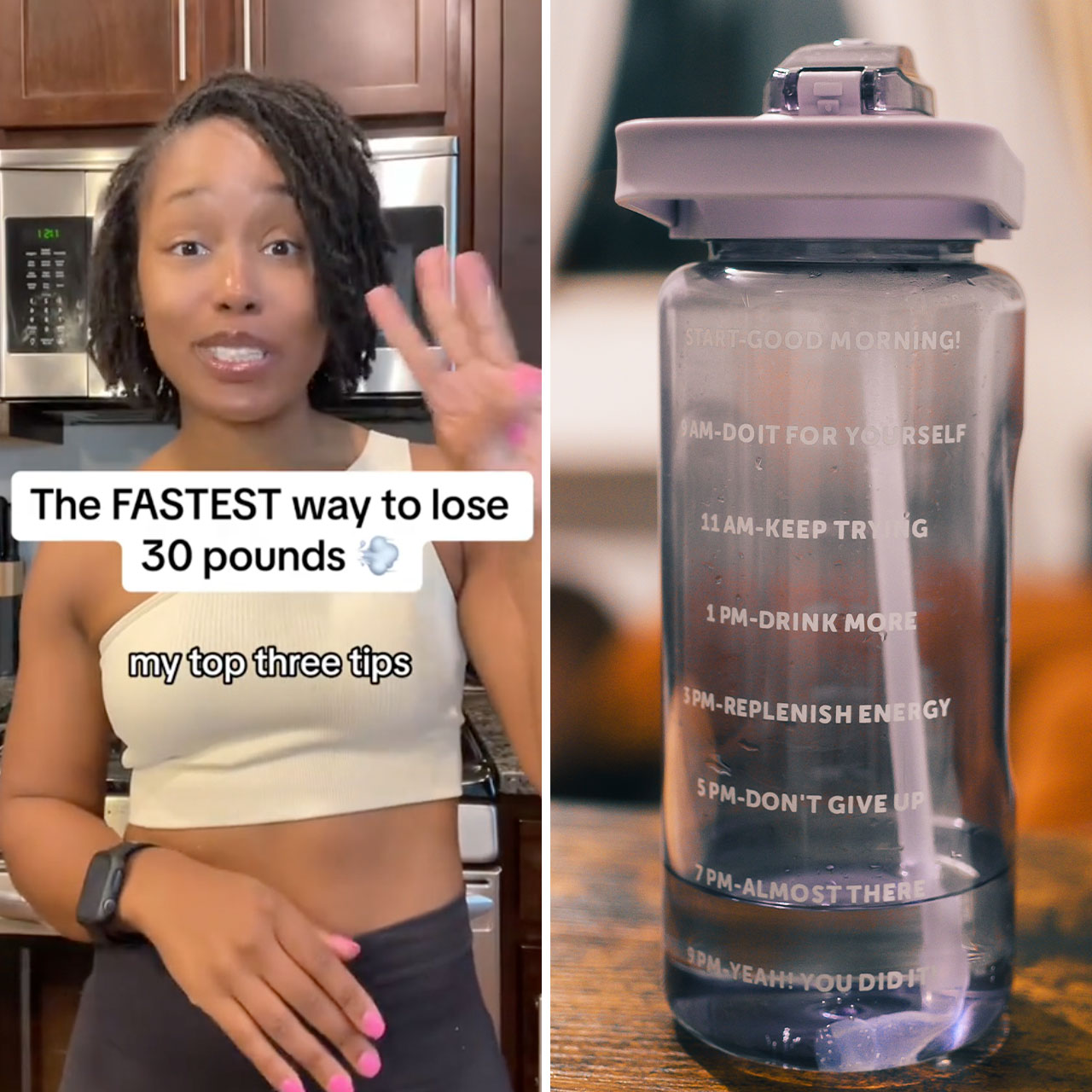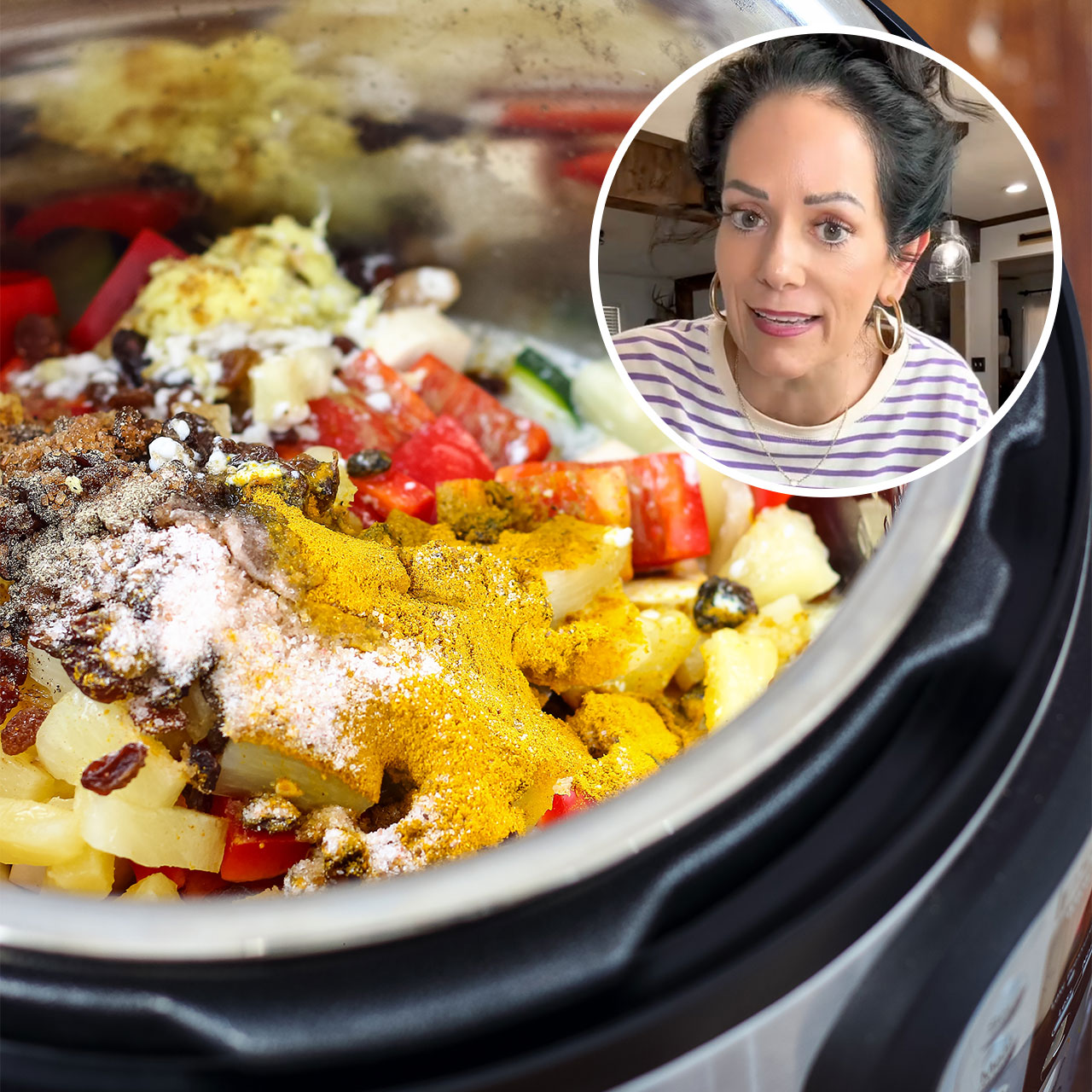This is an archived article and the information in the story may be outdated. Please check the time stamp on the story to see when it was updated last.
With the raging popularity of things like the keto diet, many voices in the health community are encouraging the low carb lifestyle. It is true that some carbs, especially processed ones like cakes, cookies, and chips, have dangerous effects on the body, including elevated risk of heart disease, diabetes, and inflammation. However, carbohydrates are the body’s main source of energy, and when you don’t eat enough of them, it could have dangerous effects.

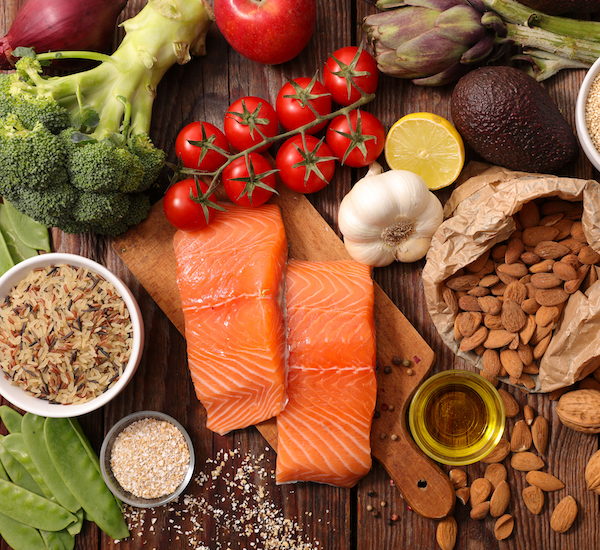
“When you don’t get enough carbs, your body will use ketones for energy,” says Dr. Alicia Shelly, MD, FACP, and expert at Testing.com, “When you’re left with fewer than 20 grams daily it will cause your body to enter ketosis.” This is the ultimate goal of following the keto diet. However, running through the carb stores in your body and making the transition to sustaining on fat can take a toll. One common side effect of entering ketosis is the “keto flu,” or feelings of sickness in response to your body not getting its preferred source of fuel. “You can feel a lack of energy and have irregular bowel movements,” Dr. Shelly says. Other symptoms can include headaches, dizziness, and dehydration, which is a result of electrolyte imbalance.
Similarly to not eating enough carbs, having too much fat in your diet could put you at risk for a number of health issues. Low carb diets are often complemented by increased amounts of eggs, dairy, and animal protein. Eating too much of these types of foods could put stress on your kidneys. This occurs because eating high fat foods makes your blood and urine more acidic, which causes your kidneys to have to work overtime to accommodate.
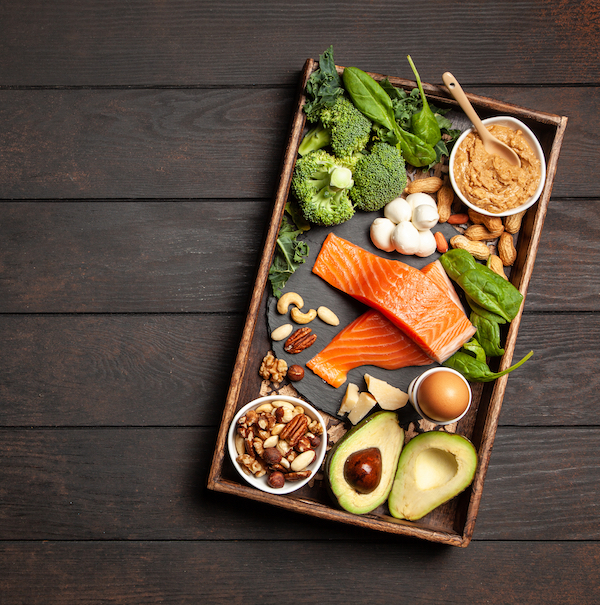
Similarly to not eating enough carbs, having too much fat in your diet could put you at risk for a number of health issues. Low carb diets are often complemented by increased amounts of eggs, dairy, and animal protein. Eating too much of these types of foods could put stress on your kidneys. This occurs because eating high fat foods makes your blood and urine more acidic, which causes your kidneys to have to work overtime to accommodate.
It’s important to remember that all carbs aren’t created equal. “You should avoid simple carbohydrates such as doughnuts, chips and high fructose items. These items have a rapid source of energy and are less nutritious.” Dr, Shelly says. However, there are plenty of healthy carbs out there that not only provide you sustainable energy, but have a wealth of essential vitamins and minerals that help you feel your best. “You should focus on whole grains like oats, brown rice, quinoa, starchy vegetables like sweet potatoes and legumes, and colorful fruits and veggies.”
Carbs are not only something your body craves, but they are something you need to have energy and feel your best. Restricting them too much could put you at risk of a multitude of other health issues.
The key to any healthy diet is balance. Oftentimes we pursue highly restrictive diets because we think that they will give us quick results. However, all of this restriction means nothing when you can’t maintain it. Instead of focusing on what you need to cut out, explore all the nutritious foods you can add to your diet, learn about the benefits they hold, and get creative with ways you can add them to your plate every day.







